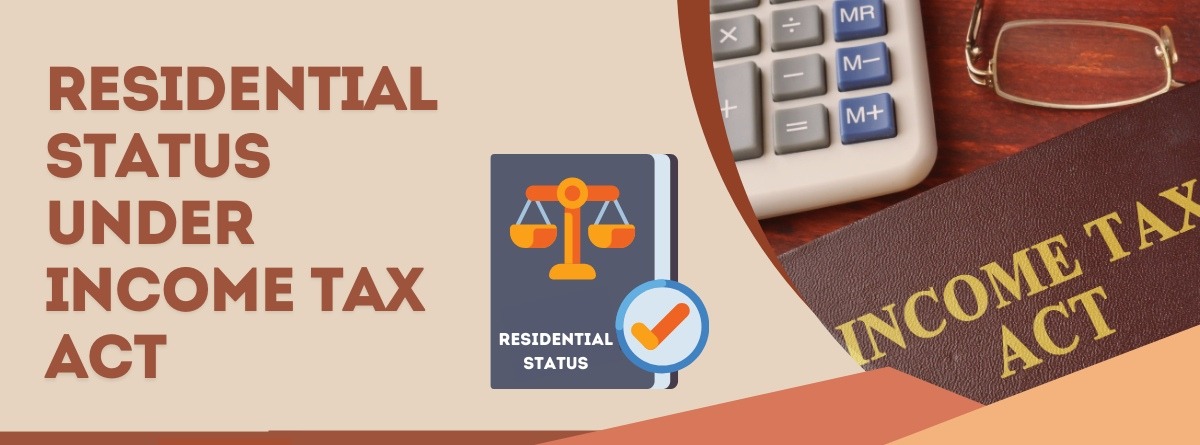L.N. Mittal, J.
C. M. No. 6610-C of 2012:
1. For reasons mentioned in the application, which is accompanied by affidavit, delay of one day in filing the appeal is condoned. The application stands allowed accordingly.
C.M. No. 6611-C of 2012 :
For reasons mentioned in the application, which is accompanied by affidavit, delay of 16 days in re-filing the appeal is condoned. The application stands allowed accordingly. Main Appeal :
Plaintiff Phool Singh has approached this Court by way of instant second appeal.
Plaintiff has substantially lost because of his own cleverness. Case of the plaintiff-appellant is that defendants-respondents agreed to sell the suit property to the plaintiff for Rs. 2,52,000/- and received Rs. 2,51,000/- as earnest money and executed agreement dated 26.05.2002 and also delivered possession of the suit property to the plaintiff. The plaintiff always remained ready and willing to perform his part of the contract and defendants committed breach thereof. The plaintiff filed suit on 07.05.2005 for mandatory injunction directing the defendants to execute and register sale deed of the suit land. Permanent injunction restraining the defendants from interfering in possession of the plaintiff over the suit property was also claimed. During pendency of the suit, plaintiff moved application for amendment of plaint (on 29.05.2008 - as stated by counsel for the appellant) to seek relief of specific performance of the agreement along with relief of permanent and mandatory injunction, as aforesaid. The said application was allowed vide order dated 11.02.2009 and accordingly, amended plaint dated 17.03.2009 was filed.2. Defendant no. 1 contested the suit and controverted the plaint averments. It was pleaded that plaintiff had taken the suit property on license from defendant no. 1. Defendant no. 2 was proceeded ex-parte.
3. Learned Civil Judge (Junior Division), Kaithal, vide judgment and decree dated 05.11.2009, instead of decreeing the suit for specific performance of the agreement, decreed the suit for recovery of the amount of Rs. 2,51,000/- and also decreed the suit for permanent injunction restraining the defendants from interfering in peaceful possession of the plaintiff over the suit property illegally and forcibly, but defendants were given liberty to take possession in due course of law. Plaintiff preferred first appeal, wherein defendant no. 1 filed cross-objections. Learned District Judge, Kaithal, vide judgment and decree dated 23.11.2011, dismissed the first appeal preferred by the plaintiff and allowed partly the cross-objections preferred by defendant no. 1 and partly set aside the judgment and decree of the trial court regarding refund of earnest money of Rs. 2,51,000/-, while maintaining the decree for permanent injunction. Feeling aggrieved, plaintiff has filed the instant second appeal.
4. I have heard learned counsel for the appellant and perused the case file.
5. Suit of the plaintiff for specific performance is hopelessly barred by limitation. The plaintiff initially filed suit for mandatory injunction instead of claiming relief of specific performance, apparently a clever move to avoid payment of ad valorem court fee to seek specific performance of the agreement. This clever move of the plaintiff has proved very dear and costly to him. The plaintiff sought amendment of plaint to claim relief of specific performance of the agreement by moving amendment application on 29.05.2008 i.e. six years after the agreement, which was enforceable immediately. By then, the suit to claim specific performance of the agreement had become hopelessly barred by limitation. The amendment application was allowed vide order dated 11.02.2009, but even if the amended plaint is deemed to have been instituted on 29.05.2008, when amendment application was moved, even then the suit regarding relief of specific performance of the agreement had become hopelessly barred by limitation. Consequently, the said relief could not be granted to the plaintiff.
6. There is another aspect of the matter. The plaintiff had paid Rs. 2,51,000/- out of total consideration of Rs. 2,52,000/-, at the time of agreement. There is no explanation why the plaintiff, instead of seeking sale deed of the suit property on 26.05.2002 itself, got an agreement executed and did not care to seek execution of the sale deed for almost three years till filing of the suit for mandatory injunction and permanent injunction on 07.05.2005 and did not bother for another three years to seek specific performance of the agreement till plaintiff moved application for amendment of plaint to claim the said relief on 29.05.2008. Consequently, relief of specific performance cannot be granted to the plaintiff, for this added reason as well.
7. As regards refund of earnest money, no such prayer was made either in the original plaint or in the amended plaint. Consequently, in view of Section 22 of the Specific Relief Act, 1963 relief of refund of earnest money could not be granted to the plaintiff. Moreover, the plaintiff can, at best, become entitled to refund of earnest money only on surrender of possession of the suit property to the defendants. However, counsel for the appellant states that the plaintiff-appellant is not ready to surrender possession of the suit property to the defendants on condition of refund of earnest money. For this added reason also, the relief of refund of earnest money cannot be granted to the plaintiff. For the reasons aforesaid, I find no merit in the instant second appeal. No question of law, much less substantial question of law, arises for adjudication in this second appeal. The appeal is completely meritless and is, there fore, dismissed in limine.

